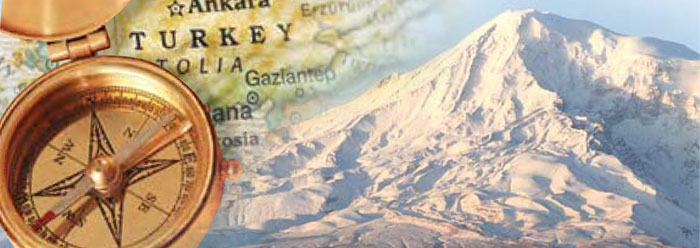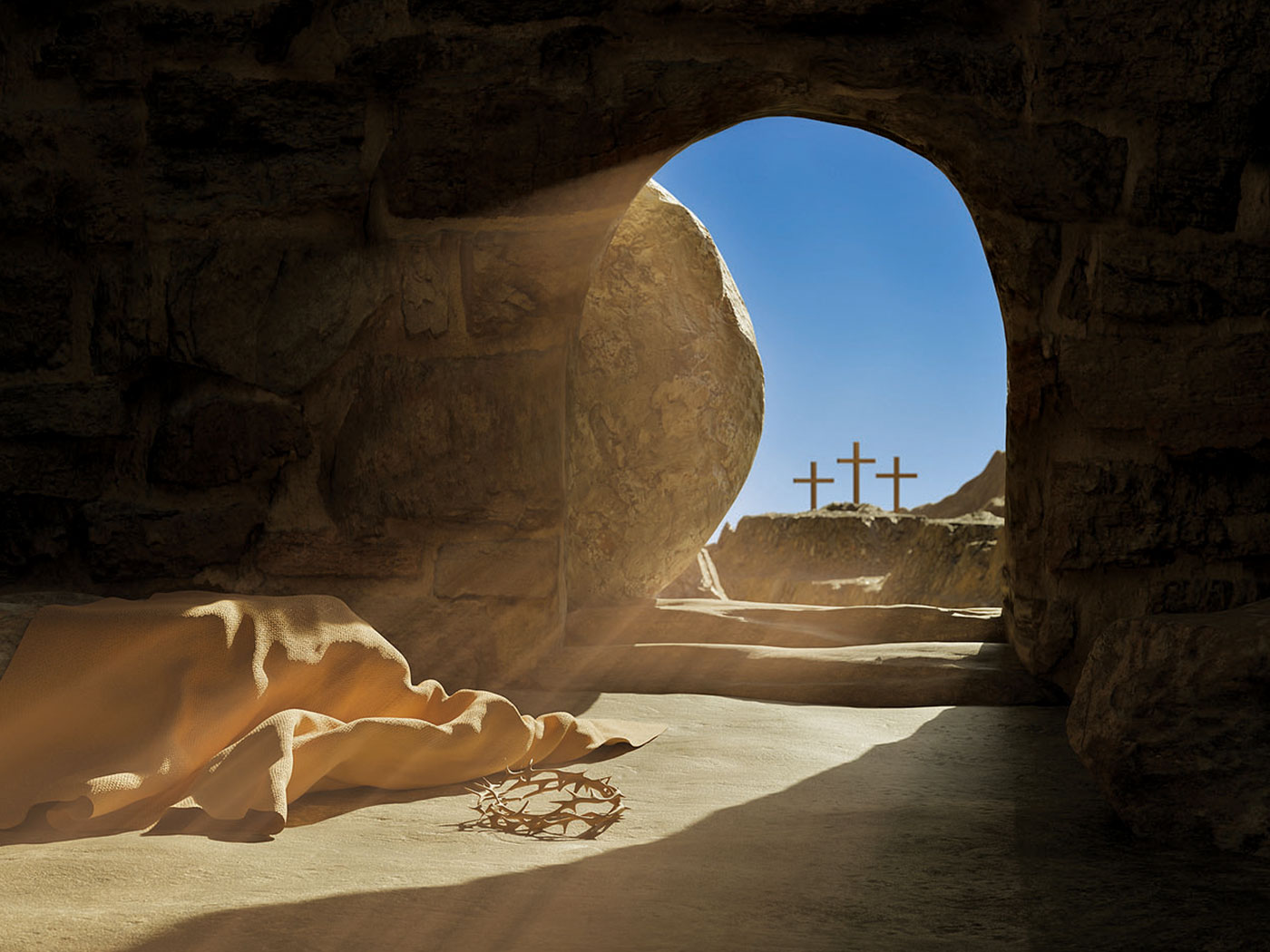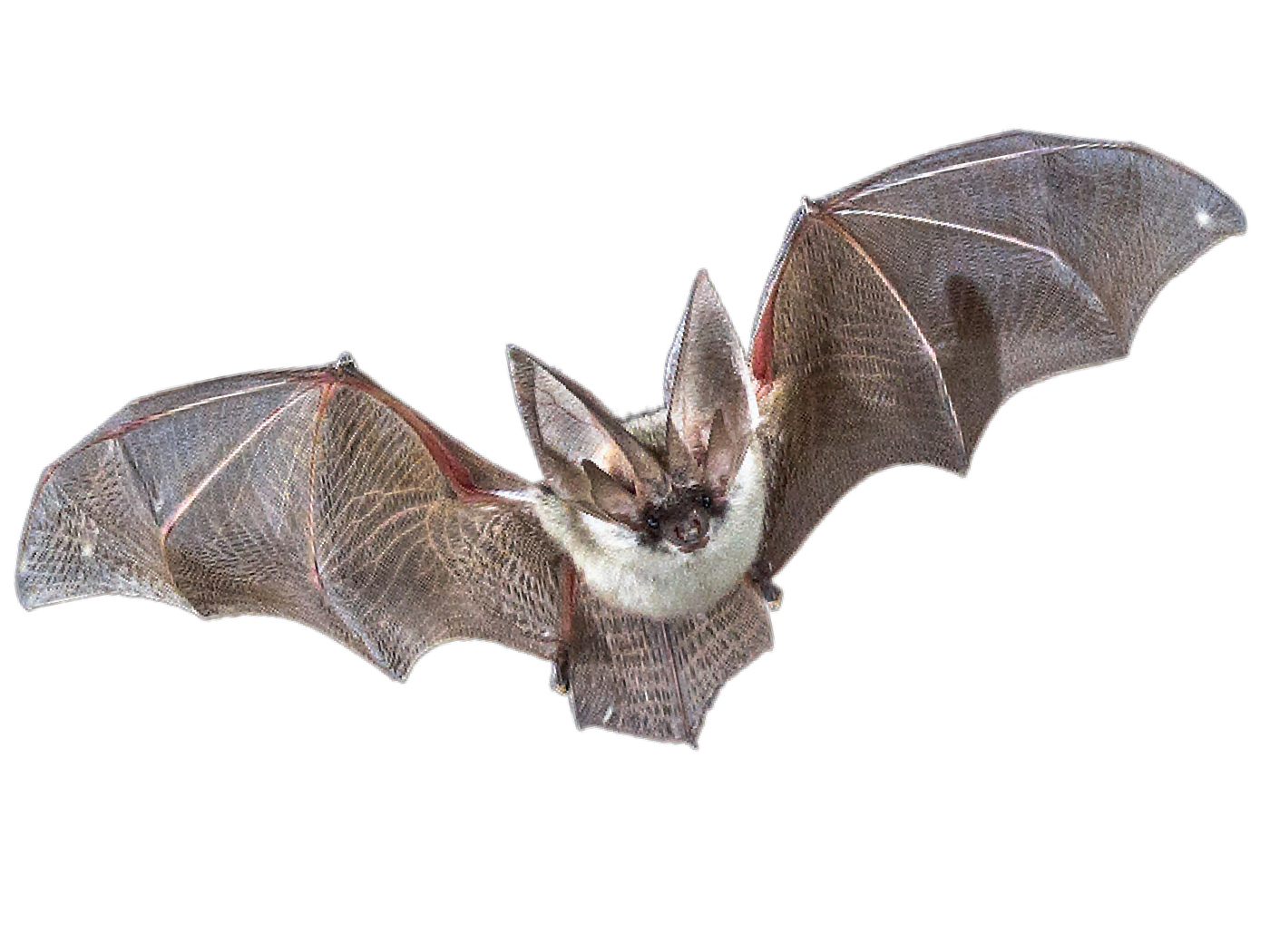The search for the remains of Noah's Ark began in earnest in the 1950s with several individuals attempting to research the evidence and even search the majestic Mt. Ararat in Turkey. The Institute for Creation Research published the first serious compilation of this extensive evidence for the Ark's existence in 1972 in a book titled Noah's Ark: Fact or Fable by Earl and Violet Cummings. Numerous explorers, including myself, "caught the bug" and extended the search to uncover more evidence. I traveled to Mt. Ararat over a dozen times and led many expeditions to the mountain. Unfortunately, a discovery has still not been made. Since that time, overly optimistic reports have continued to surface, resulting either from press enthusiasm or fundraising efforts, but the Ark has still not been found. There are many "eyewitness accounts" that are convincing, but they don't always stand up to critical analysis. Now some within Christianity claim the Ark may be on a different mountain (still within the biblical "mountains of Ararat") and are focusing their efforts on sites in Iran or southern Turkey, with little evidence to guide them, and again with no success to date.
Scripture makes no claim that the Ark survived the thousands of years since the Flood of Noah's day, nor prophesies that it will be discovered. Indeed, the ravages of the volcanic Mt. Ararat make it unlikely that it could have survived. But I remain compelled by the voluminous evidence that it did survive, and am convinced by the evidence that points to Mt. Ararat in eastern Turkey as the proper site. Indeed, the eyewitness evidence is the only reason to look anywhere. However, discovery of the Ark is a job for younger men, and so I have "retired" from leading expeditions, although I often consult those who are active in the search.
Parenthetically, while we suspect the remains will one day be found in the country of Turkey, we also recognize that the word "turkey" is the name of the tasty bird prominent during our Thanksgiving season. This bird is also known for not being the brightest bird around. The bird lives in Turkey as well and shows no more promise than those here. The fiercely proud and defensive Turks know the English word for that dumb bird is the same as our word for their country, and they don't like it. Predictably, in Turkish, they call it by another name--"hindi"--their word for the country of India!
Summer 2009 saw three expeditions making plans to travel to Mt. Ararat, each with specific goals and sites to inspect. Thankfully, they coordinated their efforts and cooperated in planning and while on the mountain. Ararat is 17,000 feet high and is covered year round by a dangerous and moving ice cap, which we suspect normally hides the Ark from sight. Research shows that about every twenty years or so the ice cap melts to an unusual degree, allowing the Ark to protrude, but this past summer the melt-back was no better than average. Even those sites that have been checked before must be checked again, for the mountain dramatically changes each year. Expectations were high as they embarked, but now that the summer is over, there is still no discovery to report.
The expeditions did report a most severe series of storms on the ice cap, with tent-destroying winds and equipment-ruining temperatures. Their stories brought back memories of my first expedition, when similar storms devastated us with lightening strikes. Actually, I and two others were struck by such a bolt and lay paralyzed for hours in the snow. Only God's protection and provision allowed us to survive and continue the search. This year the expeditions were plagued by unexpected financial woes and caught in a crossfire between the government and local rebels, as well as life-threatening accidents. I'm glad I was left behind to pray. As I write this in early fall, one group has not yet ceased their efforts, and may try again as weather and circumstances permit.
Why go at all? What good would a discovery accomplish? May I suggest there are several potential benefits, each of which would be sufficient.
Archaeologically, discovery of the Ark could be the greatest discovery ever. Keep in mind, the purpose of the great Flood of Noah's day was to fully destroy every semblance of humankind and their wicked, violent civilizations. The Ark would be the one remaining link to that long-ago time.
Scientifically, discovery of the Ark would forever demonstrate that uniformity, the basic underlying assumption of evolution, is completely false. Finding a 450-foot boat on top of a 17,000-foot mountain would lead to the conclusion that earth's past has been quite different from anything possible today. Without uniformity, evolution cannot stand and would crumble in the eyes of anyone with an open mind.
Biblically, many would see obvious proof that the Bible is true, even these difficult stories of creation and the Flood, and be encouraged to consider the rest of Scripture. The Bible's veracity is not in jeopardy even if the Ark is not discovered, but wouldn't it be an encouragement to believers to see such overwhelming evidence? It would be His gift to His children.
Spiritually, many would be forced to confront the claims of Christ over their lives when faced with evidence of the Ark's existence. Here we see that God judges sin. He did so in Noah's day and He hasn't changed. Before, He sent a worldwide judgment by water; in the future is coming a worldwide judgment by fire. But even in time of judgment, He provides a means of escape--Noah's Ark in the past, and Jesus Christ in the present. By climbing on board the Ark, believers of the pre-Flood world escaped the watery penalty for sin and were placed in a better world. Likewise, by "climbing on board" our present-day Ark, Jesus Christ, and accepting the free gift offered through His redemptive work accomplished on the cross, we will escape the coming fiery judgment of sin and be placed in a better, eternal world to follow.
In my opinion, the search for the remains of Noah’s Ark is worth the effort. Skeptics would be confronted with irrefutable evidence. Unbelievers would learn of God’s justice and grace. Evolution would see its foundation eroded. And Christians would be encouraged to continue with steadfastness, equipped with a new tool.
Yes, the search for Noah's Ark does go on and should go on. Some day, when the time is right, God will reveal it to a lost and dying world that needs it so. And when He does, may He receive all the glory.
* Dr. Morris is President of the Institute for Creation Research.
Cite this article: Morris, J. 2009. Noah's Ark: The Search Goes On. Acts & Facts. 38 (11): 16-17.




















